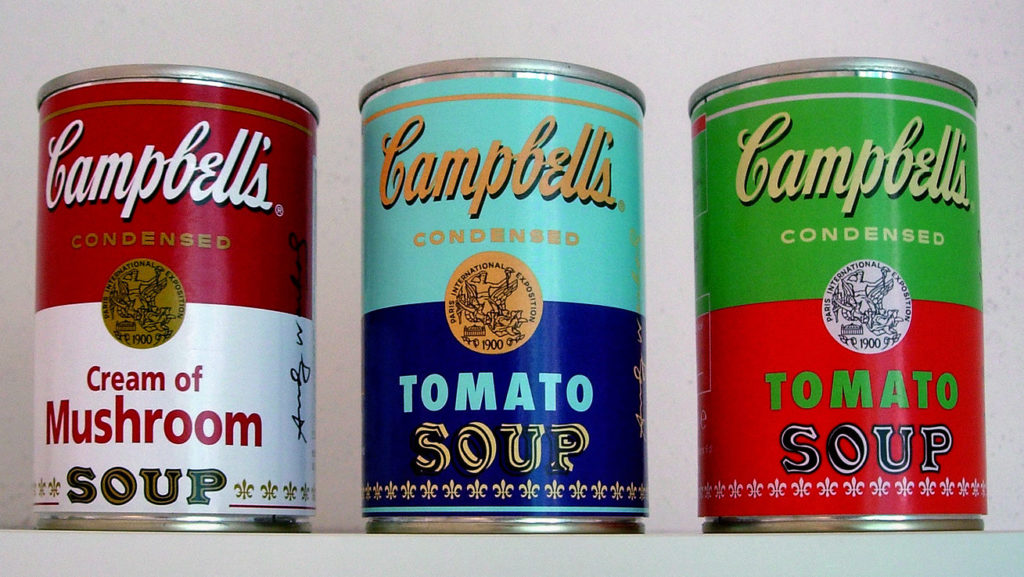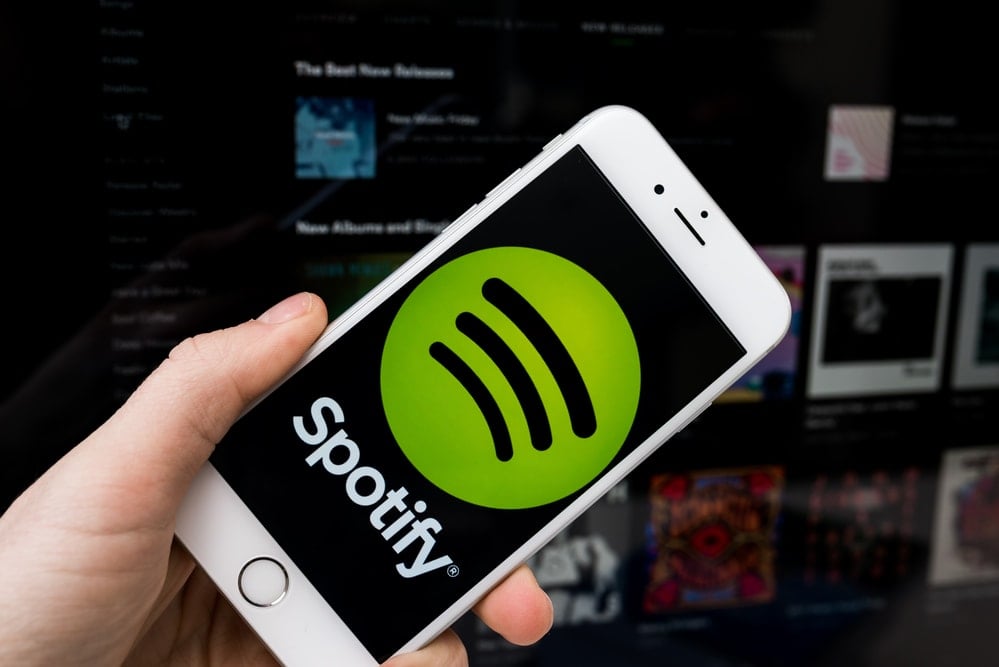Looking to take part of the growing natural and organic foods industry, the iconic American brand Campbell's Soup Co. completed a purchase worth $700 million that adds Pacific Foods to its multi-billion-dollar portfolio of products.
"This evolution of the consumer wanting nutritious products has really played right to what we’re really good at," Pacific Foods CEO Chuck Eggert said in a statement to Fortune.
Campbell CEO Denise Morrison told Fortune, in the same report, that the acquisition benefits the firm because "it allows us to expand into faster-growing spaces."
The purchase of Pacific Foods coincides with the recent retail grocery disruption, headed by Amazon with its purchase of Whole Foods Market. Consumer trends also indicate that the marketplace is moving towards more natural, health conscious options for consumers and the Pacific Foods deal serves as Campbell's response to the demands of their customers.
"Pacific Foods will become part of Campbell’s Americas Simple Meals and Beverages division, which includes Campbell’s soup, simple meals and shelf-stable beverage units in the U.S., Canada and Latin America," a Campbell's press release on the acquisition states. "The division is led by Mark Alexander, President, and includes many leading brands including Campbell’s, V8, Swanson, Prego, Pace and Plum Organics."
The Oregon-based Pacific Foods, a natural foods company with national distribution and $200 million in annual sales, will be adding a variety of products to the Campbell's purview. Notably, Pacific Foods' product offerings range include plant-based beverages to organic soups and broth products.
Eggert will remain in the framework of the new organization as a conduit for local farmers to get their raw, agriculture products in Pacific Foods ingredients base. Food Dive also reports that the farm-to-table approach Pacific Foods has adopted won't be interfered with and operations will continue at the firm's plant as Campbell's Soup takes control of its market identity.
Some market analysts believe that Campbell's Soup deal was too inexpensive, given the amount of potential for growth the soup company can see with the acquisition. Pacific Foods annual sales only calculate at 2 percent of Campbell's Soup overall sales. But, analyst Erin Lash believes the deal is a very solid and strategic move in the retail grocery disruption.
"Despite the small size of the deal, we think it is strategic, providing Campbell with another means of bolstering its shelf space in the natural and organic aisle, which has been winning out at the expense of traditional center-store categories...," Lash wrote for Morningstar.
Was Campbell Soup Co.'s purchase of Pacific Foods a good move? What other companies will take part in the retail grocery disruption? Share your thoughts in the comments.
MORE BUSINESS STORIES ON CAPITALISM.COM:
• What Houzz Capital Raise, Valuation Could Mean for Home Product Businesses
• First Time Ever: Drug Company Endo Pulls Opioid at FDA Request
• Slack Communities for Startup CEOs











